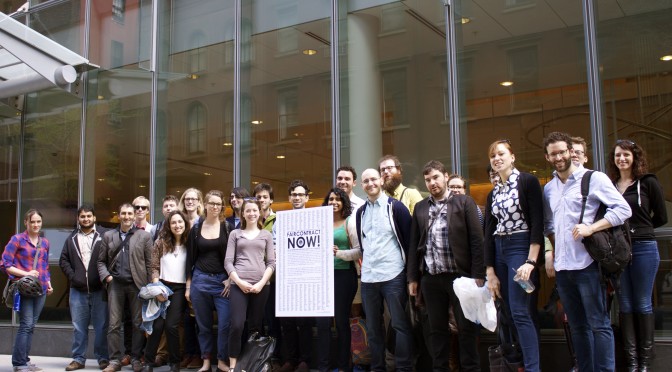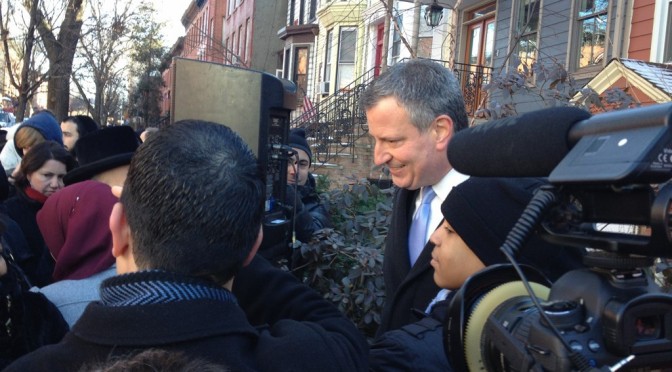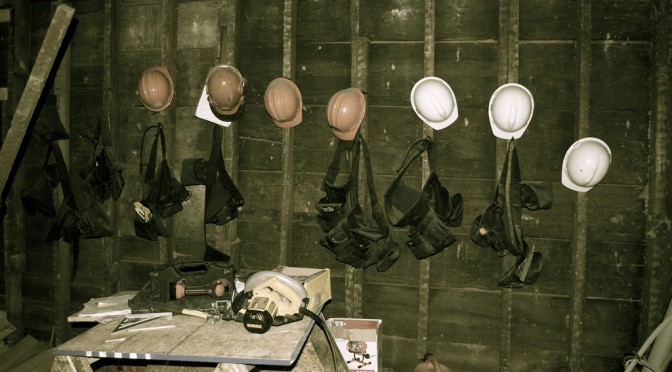In a recent article published in Labor Notes, Natasha Raheja, a third-year PhD student in Anthropology at New York University and a member of GSOC-UAW, celebrates the recent win for NYU’s graduate students, who, she writes, “are poised to again become the only private sector student workers with a union contract in the U.S.”
She then challenges her union to go further than it has,
“calling for more transparency and for building strength through member participation. We want to revive our organizing committee, hold biweekly open member meetings, and send members regular detailed updates. We want to end closed-door negotiations without student workers present and promptly replace our three resigned bargaining committee members.”
She explores some of the recent internal issues she sees the union facing — including a narrow focus and a lack of democracy — before concluding that:
“As the first unionized graduate student workers at a private university in the United States, we at NYU have the opportunity to create a model, good or bad. A member-led contract victory will reverberate across the academic labor movement.”
Read Raheja’s full statement at Labor Notes.
Photo by Michael Gould-Wartofsky via Labor Notes





